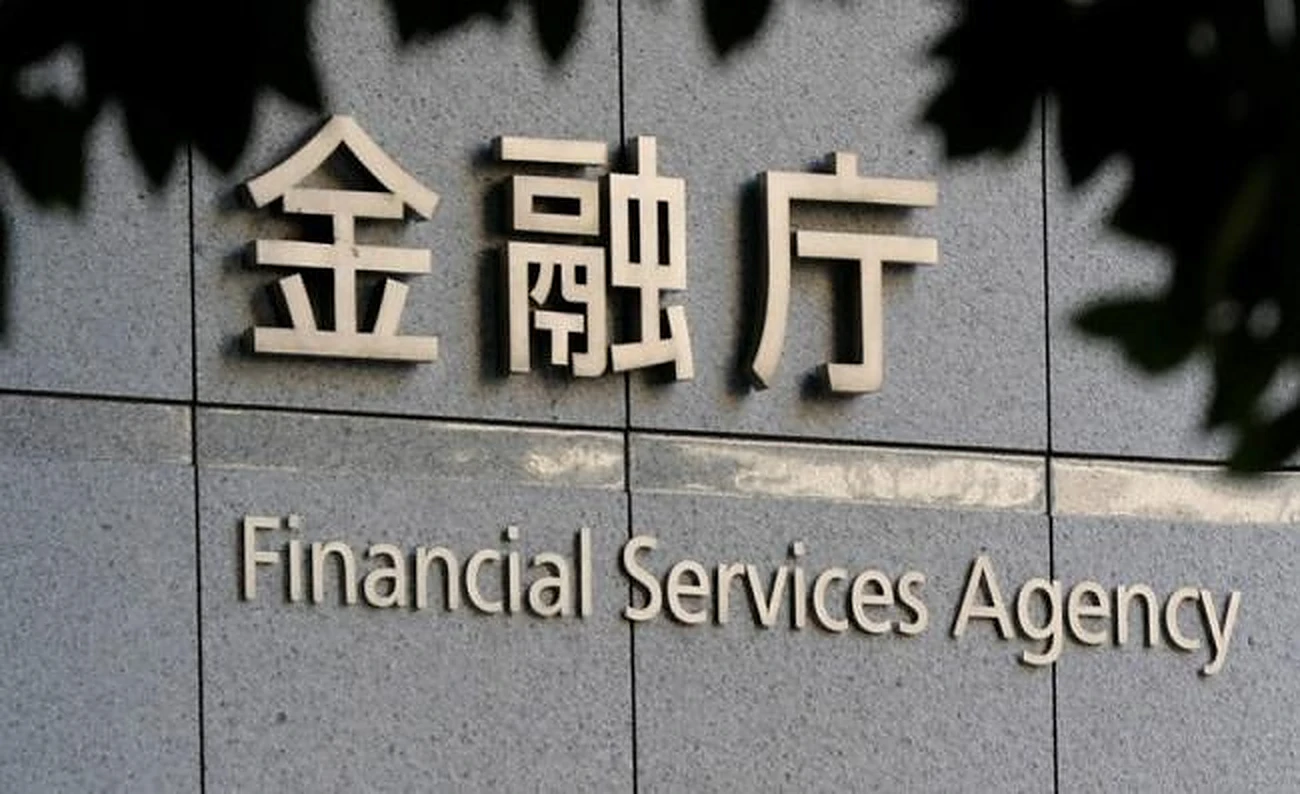Japan’s primary financial regulator, the Financial Services Agency (FSA), has taken a proactive stance on crypto regulation, proposing alterations to the tax code governing digital assets.
The FSA’s request, submitted on August 31, aims to revise the taxation framework in a bid to stimulate the growth of domestic firms in the crypto sector.
The most significant recommendation within the FSA’s comprehensive 16-page proposal is the exemption of domestic companies from the “unrealized gains” tax on cryptocurrencies that is currently applicable at the end of each fiscal year.
While some nations only levy taxes when crypto assets are exchanged for fiat currency, Japan imposes yearly taxes on these digital holdings.
Crucially, the proposed amendment enjoys potential acceptance prospects, with the FSA highlighting that the Ministry of Economy, Trade and Industry has already provided its backing to the suggested changes.
The FSA’s rationale for these regulatory adjustments, as outlined in its official statement, revolves around enhancing the ecosystem for the advancement of Web3 technologies.
The proposed changes aim to foster an environment conducive to blockchain-based business startups.
The crypto industry’s proponents within Japan have long been advocating for a recalibration of the national tax structure concerning digital assets.
The Japan Blockchain Association (JBA), an independent entity separate from the government, recently submitted a set of three key requests aimed at reshaping the regulatory landscape for cryptocurrencies.
Among these requests, the foremost is the elimination of the year-end unrealized gains tax imposed on corporations holding crypto assets.
Additionally, the JBA has proposed transitioning from the prevailing tax structure, which taxes individual crypto trading profits, to a system of separate self-assessment taxation, with a standardized tax rate of 20%.
Furthermore, the JBA seeks to eradicate income tax on profits resulting from the exchange of crypto assets by individuals.
Japan’s financial landscape appears to be adapting to the evolving digital asset sector, as regulatory entities like the FSA and advocacy groups such as the JBA actively collaborate to ensure a favorable environment for blockchain innovation and entrepreneurial endeavors.
Other Stories:
Binance CEO Makes Massive Claim About Upcoming Crypto Bull Run
Cathie Wood Envisions Transformational Potential in the Convergence of Bitcoin and AI
Pro-XRP Lawyer Outlines Potential Settlement Scenarios Amid Ripple-SEC Speculation




